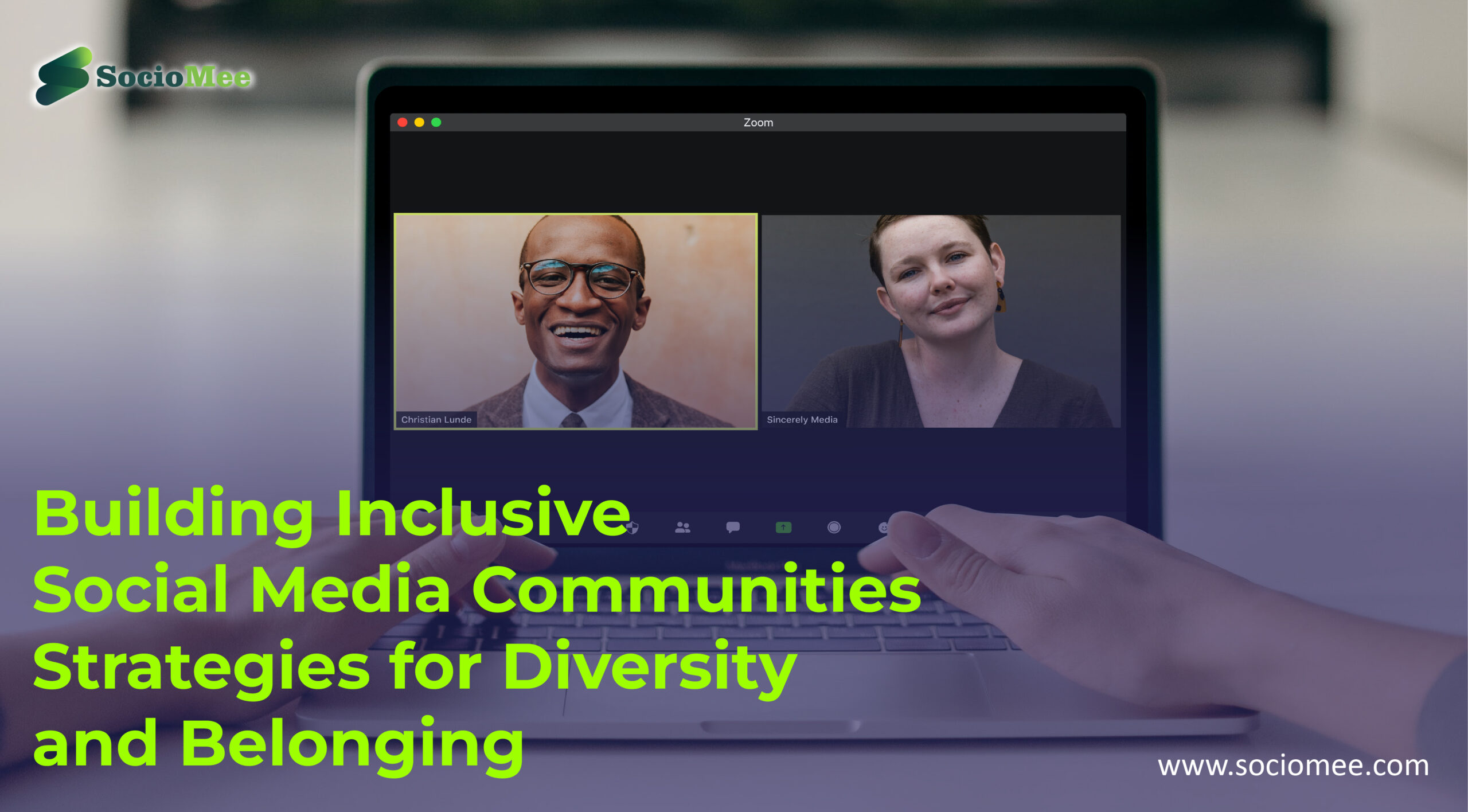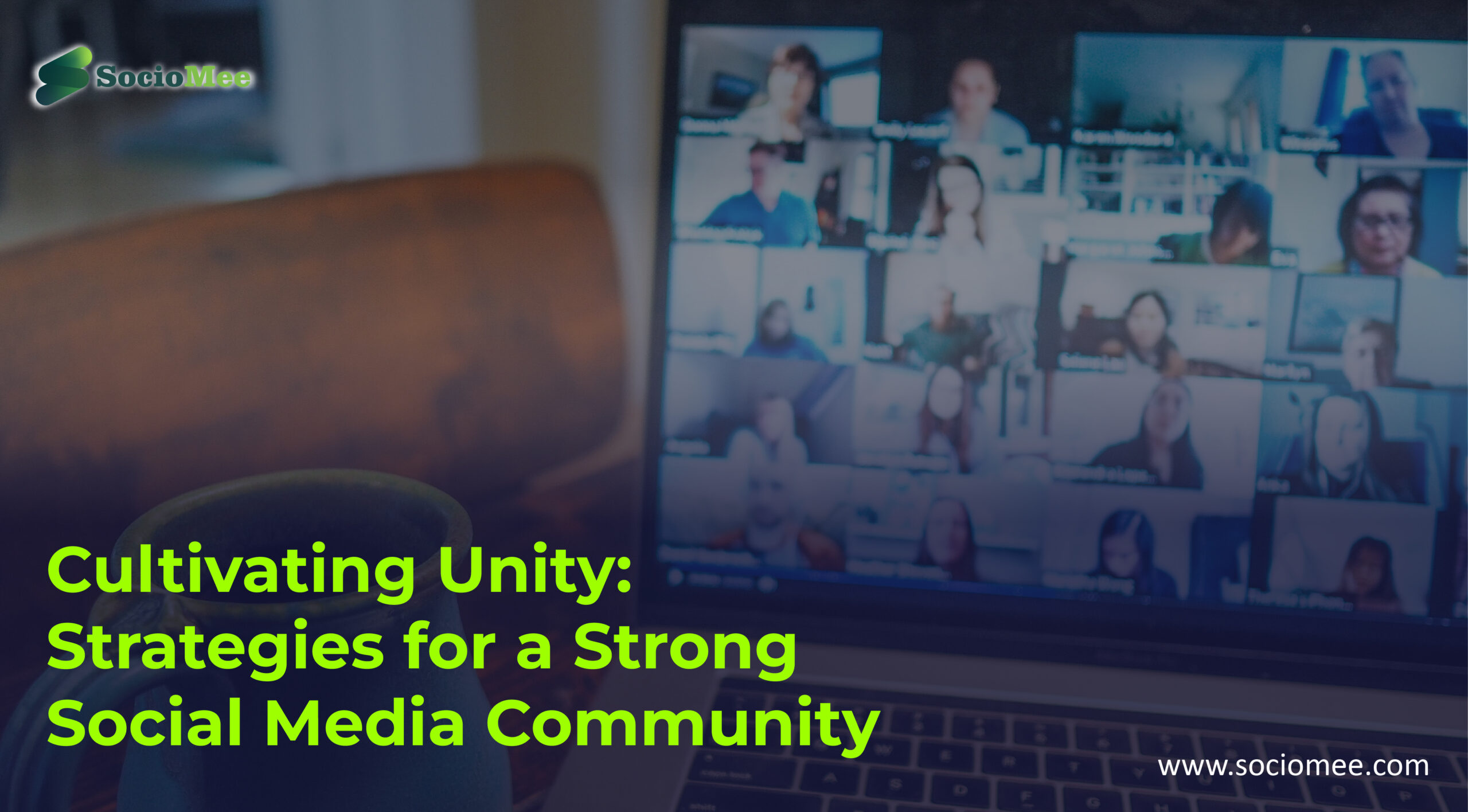Social networking sites have become an increasingly popular way for people all over the world to communicate and connect with one another. As the world becomes increasingly connected and globalized, social networking sites are playing an important role in promoting intercultural communication. From breaking down language barriers to allowing people to connect with like-minded individuals, social networking sites are making it easier for people to communicate and learn about each other’s cultures.
In this article, we will explore how social networking sites are promoting intercultural communication and the potential benefits they can bring.
#1. Exploring the Benefits of Intercultural Communication Through Social Networking Platforms
Intercultural communication is becoming increasingly important in the age of globalization. As the world becomes more interconnected, it is essential that businesses, governments, and individuals communicate across cultures to promote understanding and collaboration. Social networking platforms provide a powerful tool for fostering intercultural communication, allowing users to connect and share ideas across countries and cultures.
The benefits of intercultural communication through social networking are numerous. First, it can bridge cultural gaps by providing a platform for people to freely exchange ideas, perspectives, and experiences. This helps to create understanding and appreciation for other cultures that can lead to positive change. Additionally, social networking platforms enable people to develop relationships with people from other cultures, which can lead to innovative collaborations and business opportunities.
Moreover, social networking platforms provide a space for people to discuss and debate current issues and topics in an open and respectful manner. This fosters a greater understanding of different cultural perspectives and encourages thoughtful dialogue between people from different backgrounds. Finally, social networking platforms can create a supportive and inclusive environment for people of diverse cultures to come together. This can lead to stronger relationships, a better understanding of each other’s cultures, and ultimately, a more peaceful and harmonious world.
In Short, social networking platforms provide a valuable tool for fostering intercultural communication. Through these platforms, people can share ideas, perspectives, and experiences to bridge cultural gaps, develop relationships with people from other cultures, discuss and debate current issues, and create an inclusive environment for people of different backgrounds. As the world becomes increasingly interconnected, intercultural communication through social networking platforms will become even more important.
#2. The Multifaceted Impact of Social Networking in Enhancing Intercultural Communication
Social media networks are playing an increasingly important role in enhancing intercultural communication. From connecting people of different backgrounds to facilitating meaningful conversations, these networks are proving to be a powerful tool for fostering understanding and dialogue between people of different cultures. At the most basic level, social networking is providing a platform for people from different cultures to connect and interact with one another.
By creating online communities, such as SocioMee, people from different cultures can share their experiences, ideas, and values in an environment that encourages open dialogue and understanding. In addition to connecting people from different cultures, social media networks are also being used to facilitate intercultural communication in more meaningful ways. For example, social media networks are being used to organize international events and activities, such as online forums and conferences, which allow people from different cultures to come together and discuss various topics. Additionally, social media networks are being used to provide a platform for people to share stories, experiences, and values in a way that encourages mutual understanding and respect.
Finally, social media networks are also being used to promote intercultural understanding by providing educational resources. By providing access to cultural artifacts, such as videos, photos, and articles, people from different cultures can learn more about one another and gain a better understanding of other cultures.
Connect with new world
#3. The Role of Social Networking in Increasing Intercultural Understanding
In today’s globalized world, social networking has become an important tool for understanding different cultures. By connecting people from different backgrounds, social networking can help to bridge cultural gaps and promote intercultural understanding. Social networking can be used to share stories, experiences, and perspectives from different cultures. By hearing from people from different cultures, we can gain a more nuanced understanding of different worldviews and beliefs. In addition to providing information about different cultures, social networking can be used to share resources and support.
Through connecting with people from other cultures, we can learn more about different customs and traditions, as well as build relationships that can help to break down barriers. Social networking is also a great way to connect with people from different countries and cultures. SocioMee and other platforms provide a platform for people to connect with others from around the world. Through these platforms, we can learn more about different cultures and build relationships with people from different countries. By connecting with people from other cultures and countries, we can gain a deeper understanding of the different beliefs and values of those cultures. This can help to create a more tolerant and accepting attitude towards different cultures, and foster a more peaceful and united world.
In short, social networking has revolutionized the way people interact with each other and has become an important tool for increasing intercultural understanding. By connecting with people from different cultures and countries, we can develop a more nuanced understanding of different worldviews and beliefs. Furthermore, through social networking, we can build relationships and foster a more tolerant and accepting attitude towards different cultures.
#4. How Social Networking Sites Help to Bridge Cultural Gaps
Social networking sites have become an integral part of modern life and are widely used for connecting with friends and family, sharing information, and networking professionally. But there is another benefit to social networking sites: they can help bridge cultural gaps. Social networking sites offer a unique platform to connect people from different cultures and backgrounds.
Through these platforms, individuals can learn about different cultures and languages, as well as connect with people from different parts of the world. By connecting with people from different cultures, users can gain a better understanding of their own culture and the cultures of others. Social networking sites can also serve as a gateway to cultural resources. Many sites offer features that allow users to access news, music, and other cultural media from around the world. This can help users become more informed about other cultures and gain an appreciation for the variety of cultures in the world.
Finally, social networking sites can help build bridges between cultures. Through these sites, users can engage in conversations about different cultures and have the opportunity to share their experiences and perspectives. This type of dialogue can help foster understanding and respect between individuals from different backgrounds and cultures.
#5. Cultivating Intercultural Dialogue Through Social Media
Social media has revolutionized the way we communicate with one another, and its potential to foster intercultural dialogue has been widely recognized. In recent years, social media has become an important tool to promote cross-cultural understanding and to bridge cultural divides. It is now possible to connect with people around the world and to learn about different cultures without having to physically travel.
Social media can be used to create a platform for intercultural dialogue. This can be done by encouraging people to share their experiences and perspectives, to engage in discussion about different cultures, and to learn from one another. Through this kind of dialogue, people can develop a better understanding of different cultures and expand their knowledge. Social media can also be used to promote cultural events and activities. By sharing information about upcoming events, organizations can encourage people to participate and learn about different cultures.
This can create an atmosphere of respect and understanding that can help to break down cultural barriers and foster positive intercultural dialogue. Finally, social media can be used as a platform to celebrate cultural diversity. By sharing stories and images of people from different backgrounds, cultures, and perspectives, we can gain a deeper appreciation for the richness and beauty of our differences. This can help to create a more tolerant and accepting society that celebrates diversity and encourages intercultural dialogue.
By utilizing the power of social media, organizations and individuals can work together to cultivate intercultural dialogue and bridge cultural divides. Through this kind of dialogue, we can create a more understanding and accepting world where everyone’s voice is heard and respected.
Connect with new social community
#6. Facilitating Intercultural Exchange Through Social Networking Platforms
In today’s increasingly interconnected world, social networking platforms have become a powerful tool for facilitating intercultural exchange. Social networks allow people from different cultures to interact and learn about one another without ever leaving home. Through these platforms, users can share ideas, debate topics, and engage in meaningful conversations with people from around the world. This type of intercultural communication can lead to greater understanding and appreciation of different cultures.
Social networking platforms also provide an opportunity for individuals to connect with others who share their interests. This can help to create a strong sense of community and belonging, while also giving users the opportunity to experience a different culture. For example, people who are interested in Japanese culture can join an online group dedicated to discussing Japanese culture and related topics. This type of interaction can open doors to new experiences and allow users to gain a greater understanding of the culture.
Finally, social networking platforms can also provide a unique platform for cultural exchange. Through these platforms, users can share photos, videos, music, and other cultural artifacts with people from different countries and cultures. This can create a virtual bridge between different cultures and help to promote understanding and acceptance of different customs and traditions. However, social networking platforms have the potential to be powerful tools for facilitating intercultural exchange. Through these platforms, users can connect with people from around the world and learn about different cultures in a safe and engaging environment.
By promoting cultural understanding and appreciation, social networks can help to bridge cultural divides and create a more interconnected world.
#7. The Power of Social Networking to Reduce Cultural Segregation
Social media has become a powerful force for reducing cultural segregation, creating an unprecedented level of global connection and understanding. It has enabled people to bridge cultural divides, share ideas and experiences, and engage in meaningful dialogue. The power of social networking to reduce cultural segregation is evident in the way it has enabled individuals to create and share content with others around the world.
Through the use of social networks, individuals are able to communicate with each other, regardless of their cultural background or geographic location. This has helped to reduce the sense of “otherness” that can occur when people of different backgrounds interact. Social networks have also helped to bring people together to discuss issues of cultural importance and to share their perspectives and experiences. Through this type of communication, individuals can gain insight into the lives of others and learn to appreciate cultural differences. This can help to reduce cultural segregation by creating a more tolerant and accepting environment. The use of social networks has also enabled communities to come together to discuss and debate topics of cultural relevance. Through such discussions, individuals can gain a better understanding of the beliefs and values of other cultures and learn to accept and respect them.
This can help to reduce cultural segregation by encouraging mutual understanding and appreciation. Finally, social networks have provided a platform for individuals to promote diversity and social justice. Through the use of social networks, individuals can share stories and experiences that may have been overlooked by mainstream media. This can help to reduce cultural segregation by highlighting the unique and important contributions of people from different backgrounds.
#8. Social Networking as a Tool for Promoting Intercultural Understanding
Social media has become a powerful force for reducing cultural segregation, creating an unprecedented level of global connection and understanding. It has enabled people to bridge cultural divides, share ideas and experiences, and engage in meaningful dialogue. The power of social networking to reduce cultural segregation is evident in the way it has enabled individuals to create and share content with others around the world.
Through the use of social networks, individuals are able to communicate with each other, regardless of their cultural background or geographic location. This has helped to reduce the sense of “otherness” that can occur when people of different backgrounds interact. Social networks have also helped to bring people together to discuss issues of cultural importance and to share their perspectives and experiences. Through this type of communication, individuals can gain insight into the lives of others and learn to appreciate cultural differences. This can help to reduce cultural segregation by creating a more tolerant and accepting environment. The use of social networks has also enabled communities to come together to discuss and debate topics of cultural relevance.
Through such discussions, individuals can gain a better understanding of the beliefs and values of other cultures and learn to accept and respect them. This can help to reduce cultural segregation by encouraging mutual understanding and appreciation. Finally, social networks have provided a platform for individuals to promote diversity and social justice. Through the use of social networks, individuals can share stories and experiences that may have been overlooked by mainstream media.
This can help to reduce cultural segregation by highlighting the unique and important contributions of people from different backgrounds.
#9. Using Social Media to Connect with People of Different Cultures
Social networking has revolutionized the way we communicate and connect with people from different cultures. It has allowed us to bridge the gap between cultures, build relationships, and learn about different customs and traditions. Using social networking to connect with people of different cultures can be incredibly rewarding and beneficial. Not only can it help us better understand their customs and beliefs, but it can also give us a chance to see the world through their eyes.
One of the most popular ways to use social networking to connect with people of different cultures is through online forums and support groups. These online communities provide a safe space for people to share their experiences and discuss their cultural backgrounds. By participating in these conversations, you can gain insight into another culture and even make friends with people from different backgrounds. Another great way to use social networking to connect with people of different cultures is through language exchange programs. These programs allow you to practice a foreign language with someone from another culture and build a friendship.
These programs are great for anyone who wants to learn a new language, as well as for those who want to connect with people who speak the same language. Finally, social networking can also be used to plan cultural events and activities. From concerts, to cultural festivals, to museum visits, there are countless ways to connect with people from different cultures and explore different cultures together.
#10. The Impact of Social Media in Enhancing Intercultural Communication
Social media has revolutionized the way intercultural communication takes place. It has enabled people to connect and communicate with people from different cultures and backgrounds, creating a global platform for dialogue and understanding. The impact of social media on intercultural communication has been immense. It has enabled people to share their views, experiences and opinions in an open and accessible way.
This has been particularly beneficial in helping to bridge the cultural and language divide that can sometimes occur between different cultures. Social media has also enabled people to have access to a wider range of perspectives and experiences than ever before. By connecting with individuals from around the world, people are able to gain a better understanding of different cultures and how their beliefs, values and practices may differ from their own.
This has enabled them to become more tolerant and open-minded when it comes to engaging with people from different cultures. In addition, social media has allowed individuals to create and join online communities which are dedicated to discussing issues related to intercultural communication. This has been especially beneficial for those who may not be able to meet people from different backgrounds in person, but can still learn about their culture through online communication.









